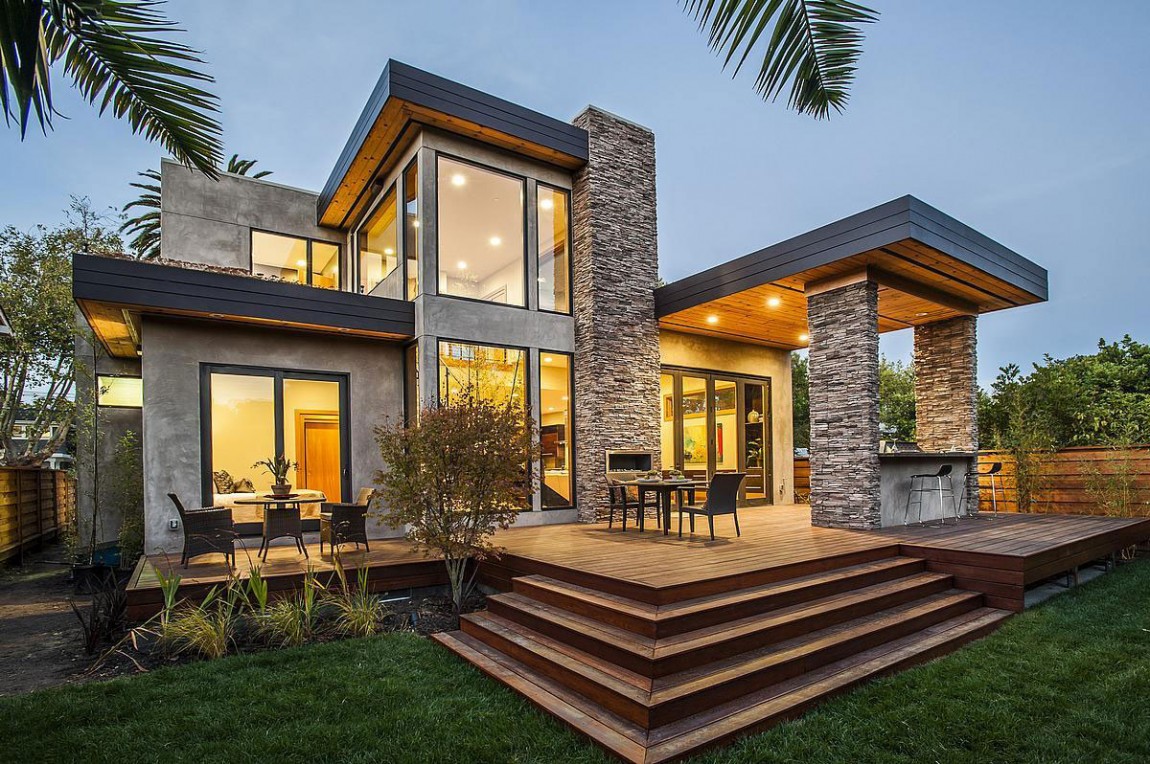UGANDA, Kampala| Real Muloodi News | This series explores the hidden psychology of home buyers, and how to use psychology and science to influence buyers to purchase.
In Part 1 of the series, we explored the unconscious influence of smell, and how to use it to your advantage when selling your home. In Part 2 of the series, we explored how to use sight to influence home buyers to purchase, and for a higher price, with home staging.
In this next instalment, we continue to explore the science behind selling your home, by delving into the psychology of numbers in home prices.
Change the Listing Price by $1, and Your Home May Sell for Thousands More
Charm pricing, a strategy also known as psychological pricing, lists prices as ‘just-below’ numbers: numbers that are just a little less than a round number, e.g. $19.99 instead of $20.
Studies have shown that charm prices improve conversion rates in retail by over 50% compared to round figures. That is because a price ending in 9 tricks consumers’ brains into perceiving it as a much better deal.
It turns out the same strategy is also effective in real estate. A study published in the Journal of Real Estate Finance and Economics found that sellers who use the “just below” pricing strategy got more money for their homes than those who didn’t.
The study examined 372,074 home sales that took place from January 1993 through September 2011 in Hampton Roads, Virginia. The study concluded that sellers who priced their homes at a higher price and then applied the “just below” method got almost 2 per cent more for their homes on average, than they would have if they had used the round price. This is quite a lot on a house worth a few hundred thousand dollars. So for example, instead of listing for USD $150,000, list it for USD $159,900.
Researchers believe that charm pricing works with home prices thanks to the way we store written information. Our brains begin recording numbers even before we have finished reading the entire price. With six-figure home prices, the most valuable digits are the first ones, and our brains register little past the third digit – the thousands number, says Michael J. Seiler, the study’s co-author and a real estate professor at the College of William & Mary. “The numbers to the right are less psychologically meaningful, and the brain doesn’t strain to remember them,” he says.
Therefore, home buyers then underestimate the price. The left-most digit is especially important, Seiler says. When a home is priced at USD $199,900 instead of USD $200,000, buyers remember the “1” rather than the “2.”
Even when buyers read the full price, the part of the brain that is activated when the initial numbers are read, before that entire price is read, is the same part that generates feelings and emotions, said Robert M. Schindler, a marketing professor at Rutgers University, Camden.
“A lower leftmost digit makes a price feel lower, even if one knows it’s not lower,” Schindler said. “Housing decisions often involve strong feelings – say, if you really love that house, anything that would make you feel a little better about paying the price could well make a difference.”
Precise Numbers Gives an Advantage in Negotiations
A study by Columbia Business School found you have the upper hand in price negotiations with specific prices rather than a round-off number. For example, a house priced at USD $300,000 makes a home-buyer feel that it’s a random number they can negotiate down. On the other hand, a precise number, like USD $317,900, psychologically signals that you are informed and know exactly how much your home is worth. This gives you a psychological advantage when entering into negotiations.
READ MORE LIKE THIS:



